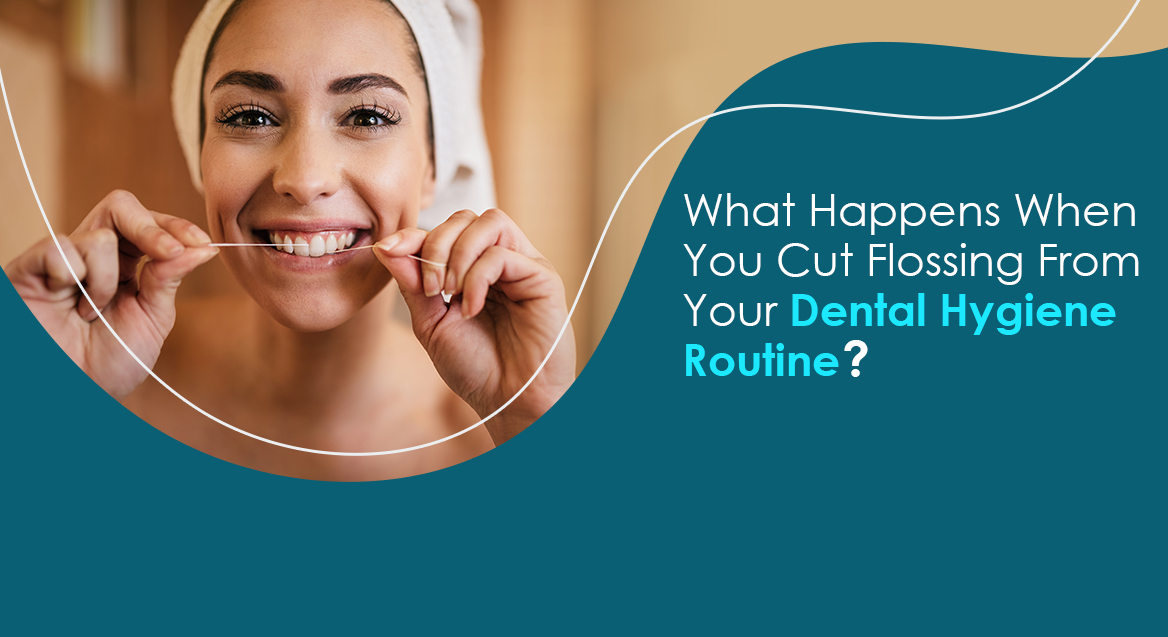
What Happens When You Cut Flossing From Your Dental Hygiene Routine?
Risks of Not Flossing
When you’re in a rush in the morning, it’s easy to forget about flossing. You say to yourself that cutting it from your routine just this once doesn’t matter. Your teeth will survive.
Skipping flossing just once, however, can be problematic. When you neglect to floss, you encourage the buildup of bacteria around food particles and foster an environment that allows them to flourish. Here at Piccadilly Dental, we want to make sure that that doesn’t happen. Read on to find out more about flossing and what could happen to your teeth and gums if you neglect to do it.
You Could Increase The Risk Of Gingivitis
Gingivitis is the name that dentists give to the onset of gum disease. It’s characterised by gums that bleed after brushing and, sometimes, soreness. Certain types of bacteria that live in the mouth and between the teeth emit waste products that degrade the gum lining, killing cells on the surface, and exposing the capillaries beneath. Over time, gums can recede, and infection penetrates below the gum line. It’s vital, therefore, to remove these bacteria from the mouth. Brushing alone can’t remove those lurking between the teeth, so flossing is critical. If you don’t floss, you could be putting yourself at risk of root canal problems.
You Risk Bad Breath
Many people ask dentists whether they should floss after eating. The answer is a firm “yes.” Not only does flossing remove bits of food stuck between your teeth, but it also prevents the buildup of bacteria that can cause bad breath. By flossing, you eliminate both bacteria and their smelly byproducts, helping you go to the next event in your calendar with confidence.
How To Design A Daily Routine With Flossing
So, we’ve established that flossing regularly is a good idea, but how often do you need to do it? And when?
Most dentists recommend that you floss twice per day when you brush and rinse your mouth out with mouthwash. Flossing helps to remove both plaque and bacteria from between your teeth, cutting the chance of gum disease and tooth decay below the gum line.
If you don’t like flossing, you might want to try using inter-dental brushes. These are small brushes that slip and slide between your teeth, removing unwanted material in the process.
If you want to find out more about what you’ve read, then get in touch with Piccadilly Dental today on 020 7437 0154. You can ask about our treatments, book an appointment, or pay us a visit at our location at 72 Shaftsbury Avenue, London, W1D 6NA.
We provide a comprehensive array of services, including dental implants, Invisalign, hygienist services, restorative dentistry, caries removal, same-day dental care and much, much more. Regular trips to the dentist and hygienist are vital for the long-term health of your teeth and gums. Book an appointment today with Piccadilly Dental for high-quality treatment and care.

